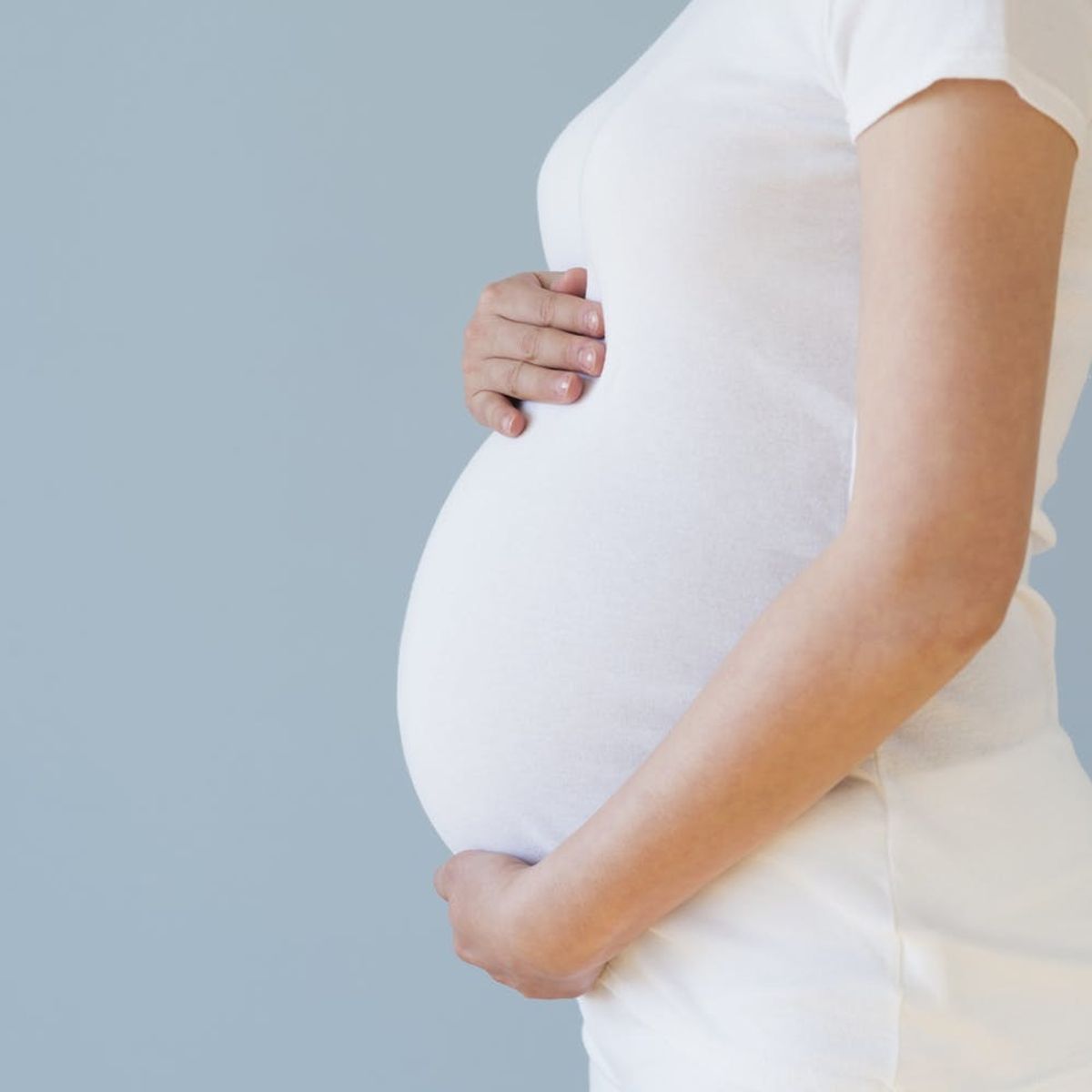Hopefully this will lead to fewer tragedies.
This New Research Sheds Light on a Possible Cause of Stillbirth

Stillbirth is scary — there’s no doubt about that. Nearly 24,000 babies are stillborn in the US every year, according to the CDC, and while many times the cause is unknown, a new study out of Australia (and published in the American Journal of Obstetrics and Gynecology) is shedding light on the subject. Researchers may have found a cause, which could eventually lead to early detection. That may translate into fewer stillbirths and less worry for mamas-to-be.

As you probably know, the placenta connects baby to mother, providing an unborn child with everything they need to grow, develop, and, well, live. And like any living thing, the placenta ages. This aging process — specifically, how placental aging affects fetal death — was the focus of the study. Researchers examined placentas from women in different end-stages of pregnancy: early-term (37 to 39 weeks’ gestation) and late-term (post-41 weeks). They also looked at placentas from women who had live births and from women who had stillbirths.
Their results did show some evidence that placental aging may be associated with stillbirth (i.e., the risk of stillbirth increases late in pregnancy). Here’s the thing, though — not all placentas age at the exact same rate. The placentas from the stillbirths in the study sample showed changes that were consistent with the characteristics of late-term placentas, but they weren’t necessarily in the late-term group. Basically, some placentas seem to age “faster” than others, and women with quicker-aging placentas may be at a higher risk for stillbirth. A placenta that ages too quickly could possibly prevent the fetus from receiving enough oxygen or nutrients. Smoking during pregnancy has also been associated with aging placentas and stillbirths.
Finding a potential cause of stillbirths (via monitoring placental aging or other methods) may eventually give scientists the ability to reduce the risk of them. It’s scary to think about, but hopefully, this kind of research can help prevent future tragedies.
What do you think about this new research? Share your thoughts and tweet us @BritandCo!
(Photo via Getty)



















